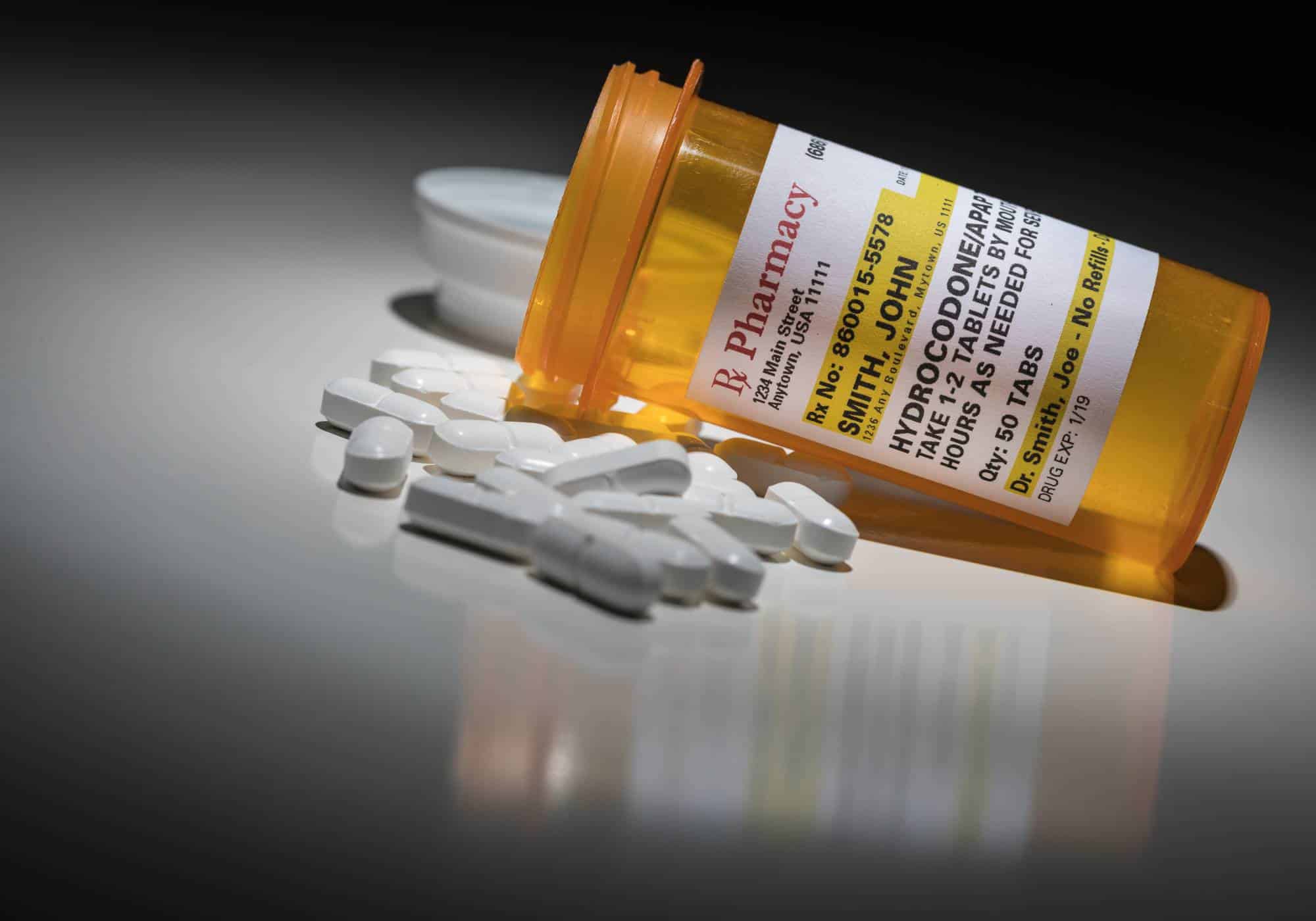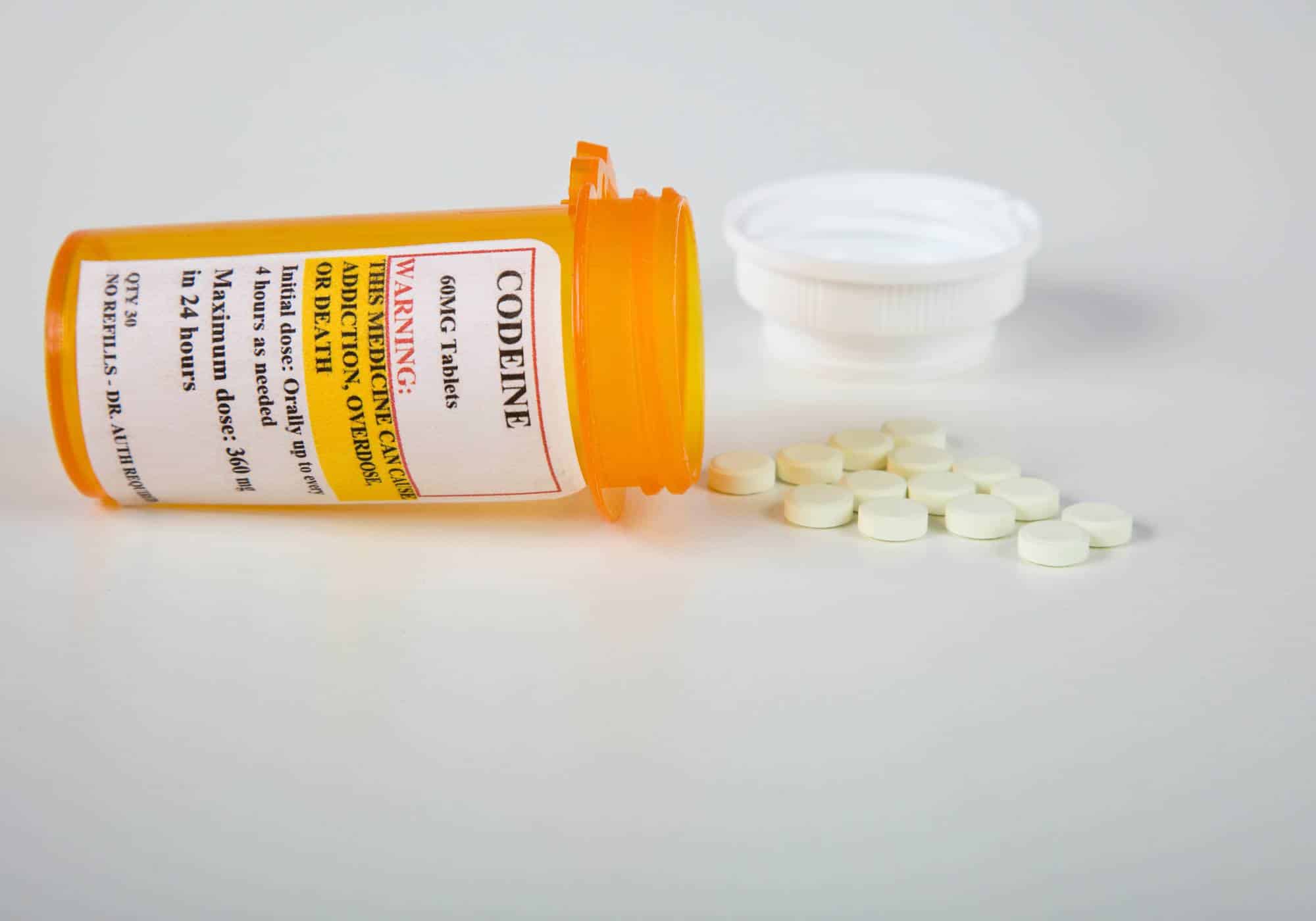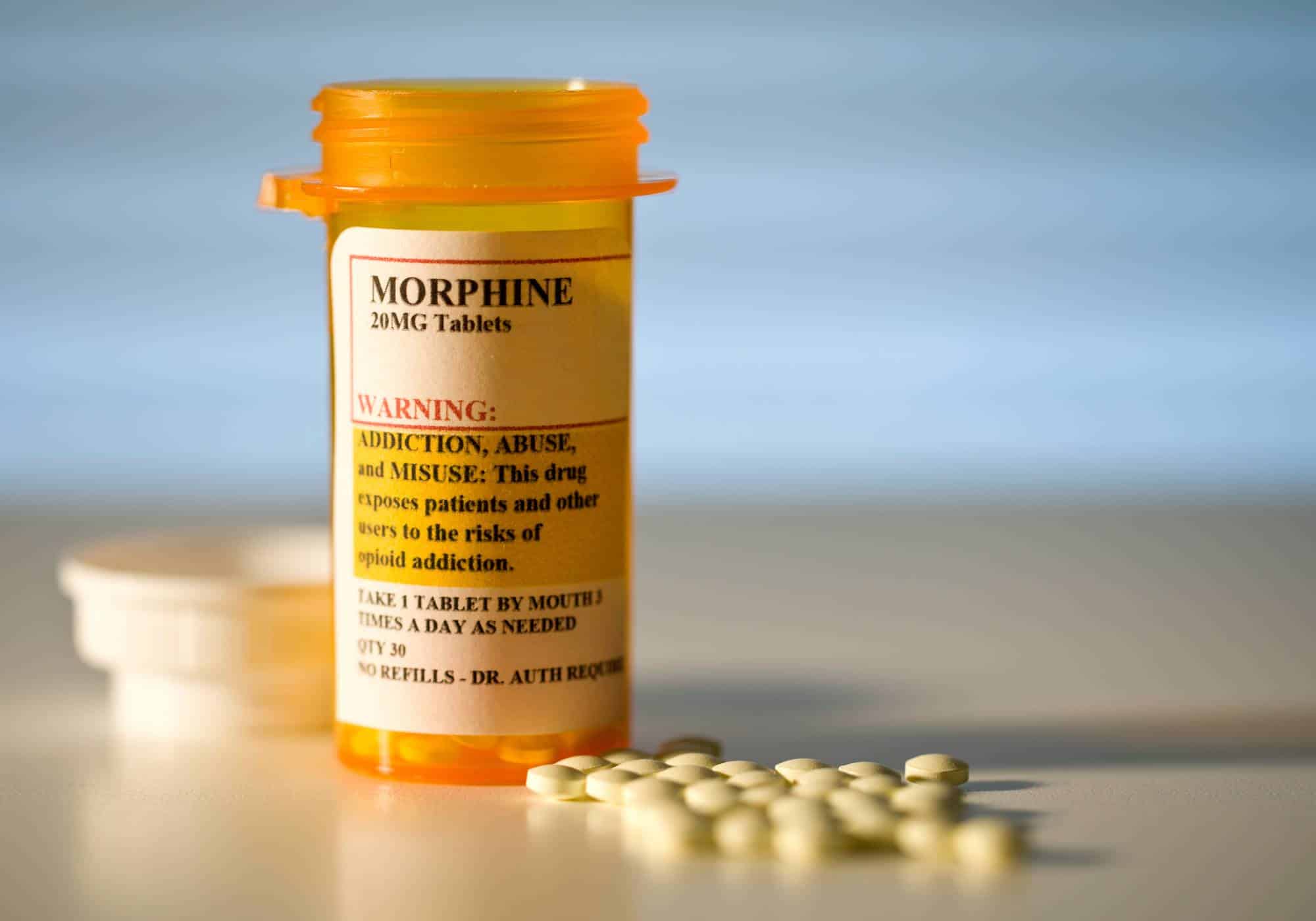Trying to quit opioids or heroin and grappling with withdrawal symptoms is a common challenge faced by many. These symptoms can be overwhelming, but gaining insight into their onset and duration is crucial. It’s important to note that medically-supervised detoxification is a key strategy for managing these symptoms.
The initial phase of withdrawal after stopping heroin is intense, typically manifesting within a few days and lasting about a week. You might experience symptoms like excessive sweating, pupil dilation, and muscle spasms. More prolonged symptoms, such as strong cravings, obsessive thoughts about using, or feelings of depression, may persist even after the acute phase subsides.
Detoxing at home can be particularly challenging due to the severity of these short-term symptoms, often leading to a risk of relapse. A medically-supervised detox offers a safer and more controlled environment. Here, healthcare professionals can closely monitor and manage the heroin withdrawal process. This approach not only addresses immediate symptoms but also takes care of related health issues like high blood pressure, malnutrition, and cardiovascular complications. Opting for a medically-guided detox increases the chances of a successful and smoother transition into the recovery phase, setting a solid foundation for overcoming heroin addiction.
Heroin Withdrawal
Heroin addiction often leads to physical dependency, with stopping its use triggering intense withdrawal symptoms. This makes the detoxification process, where heroin and its toxins leave the body, particularly challenging. Many long-term users fear these withdrawal symptoms, which can be a significant barrier to seeking help. But understanding the nature of heroin withdrawal can be empowering.
The discomfort of heroin detox is manageable, although the symptoms and their intensity can vary greatly among individuals. Factors influencing this include:
- Duration of heroin use
- Quantity consumed
- Method of use (such as injection or snorting)
- Any existing medical conditions
- Co-occurring mental health issues
- Past experiences with opioid withdrawal.
The symptoms of heroin withdrawal are essentially the flip side of the drug’s intoxicating effects. While heroin suppresses certain central nervous system activities and enhances pleasure, its absence can lead to:
- Increased heart rate
- Feelings of depression
- General anxiety
Having an understanding of these symptoms can be a crucial step for anyone considering heroin detox. It highlights the importance of undergoing detox under medical supervision, which offers a safer and more comfortable approach to managing withdrawal symptoms. This knowledge also prepares individuals for the detox process, making it less intimidating and more approachable.

What are the Symptoms of Heroin Withdrawal?
Heroin withdrawal manifests through a variety of symptoms, which can be grouped into immediate, short-term effects and more enduring, long-term symptoms.
Short-Term Symptoms of Heroin Withdrawal
These symptoms usually arise shortly after the last dose of heroin and typically last for a brief period:
- Rapidly increasing heart rate
- Accelerated breathing rate
- High blood pressure
- Elevated body temperature
- Sleep disruptions, including insomnia
- Dilation of pupils
- Sharpened reflexes
- Excessive sweating
- Development of goosebumps
- Teary eyes and runny nose
- Muscle cramps, spasms, and widespread pain
- Nausea that may lead to vomiting
- Diarrhea
- Strong cravings for heroin
Long-Term Symptoms of Heroin Withdrawal
As the withdrawal process progresses, longer-lasting symptoms emerge and can persist for an extended duration:
- Continued heroin cravings
- Experiences of anxiety and depression
- Persistent sleep disturbances
- Chronic fatigue
- Emotional blunting or reduced emotional responses
- Waning interest in previously enjoyable activities
- Increased irritability
- Memory difficulties
- Challenges with focus, affecting work performance and decision-making
The journey through heroin withdrawal is often difficult due to the severity and diversity of these symptoms. While the short-term effects are intense, they can generally be managed under proper medical care. The long-term symptoms, however, necessitate sustained support, integrating medical and psychological treatments, to ensure a full recovery and minimize the risk of relapse. Understanding the nuances of heroin withdrawal symptoms is essential for anyone preparing to embark on heroin detoxification. If you or a loved one are struggling with heroin withdrawal in Atlanta, GA, call our heroin rehab today.
How Long Does Heroin Withdrawal Last?
Heroin withdrawal typically unfolds over a period, with the initial phase generally lasting around one week. Yet, the psychological aftermath, including depression and persistent cravings, may continue for several weeks after the physical symptoms have subsided. The early stage of withdrawal is marked by the body and brain working to eliminate heroin. This detoxification process manifests through symptoms like sweating, vomiting, and diarrhea, as the body purges the toxins accumulated from long-term heroin use.
Post the detox phase, the body still requires time to recover from the toll of heroin dependence and abuse. It’s during this recovery phase that the involvement of healthcare professionals and addiction counselors becomes crucial. They play a pivotal role in addressing any lingering mental health and medical concerns that may arise after the initial withdrawal symptoms have eased. A dual diagnosis treatment approach is often employed to effectively address significant mental health symptoms, thereby enabling individuals to focus wholly on a sustainable recovery journey.
Grasping the duration and progression of heroin withdrawal is essential for anyone embarking on the path to recovery. It helps set clear expectations and highlights the necessity of medical intervention and counseling in navigating the challenges of overcoming heroin addiction successfully.
Heroin Withdrawal Timeline
Heroin withdrawal unfolds in distinct stages, each marked by specific symptoms that change in intensity and nature over time.
6 to 12 Hours
Withdrawal symptoms may commence as early as 6 to 12 hours after the last dose of heroin. These early symptoms can resemble those of a cold or flu, making them easy to misinterpret.
Days 1 to 3
Within the first one to three days, particularly after a final use on a Friday, symptoms typically amplify. This period, often extending over the weekend into the next week, is marked by peak withdrawal symptoms, including intense cravings for heroin. It’s during this critical phase that the urge to use heroin again to relieve discomfort is strongest.
One Week
After a week of withdrawal, a noticeable decrease in the severity of physical symptoms is usually observed. However, psychological challenges, such as persistent cravings for heroin, may still be present.
Two Weeks and Beyond
By the two-week mark, your body will have naturally cleared heroin from its system. Despite this physiological clearance, psychological symptoms like depression or anxiety can continue to persist for several weeks or even months.
Post-Acute Withdrawal Syndrome (PAWS)
In certain cases, individuals may experience post-acute withdrawal syndrome (PAWS), meaning withdrawal symptoms persist for a prolonged period, sometimes weeks or months. This extended phase emphasizes the need for sustained support and treatment.
Recognizing each stage of the heroin withdrawal timeline is essential for those preparing for or undergoing recovery. It stresses the need for continual support and medical care throughout the withdrawal process, reinforcing the journey towards a sustained recovery.

What Factors Impact How Long Heroin Withdrawal Lasts?
Heroin withdrawal is a deeply personal experience, and its duration and intensity can differ greatly from one individual to another. Various factors play a pivotal role in shaping how each person endures and recovers from withdrawal. For those contemplating seeking help for heroin addiction, it’s essential to be aware of these influences. Here are some critical factors that can affect how long and how intensely one experiences heroin withdrawal:
- Tolerance Levels
- Severity of Addiction
- Duration of Heroin Usage
- History of Opioid Dependence
- Polysubstance Use
- Overall Health
Given the complexity of these factors, navigating heroin withdrawal typically requires the support of experienced professionals. Treatment centers like Vertava Health Mississippi are equipped to provide personalized care and treatment. They consider these varied factors to help individuals through the difficulties of withdrawal, paving the way for effective and lasting recovery.
What are the Side Effects of Heroin Withdrawal?
The experience of withdrawing from heroin is often marked by a series of challenging side effects, which can be strenuous both physically and mentally. Those embarking on the journey of detoxification from heroin typically face a spectrum of symptoms, each varying in severity and endurance, greatly influencing their overall state of health.
Common symptoms encountered during heroin withdrawal include:
- Intense Cravings
- Nausea
- Vomiting
- Diarrhea
- Sweating
- Anxiety
- Depression
- Muscle Pain
- Insomnia
The severity and persistence of these symptoms can vary widely, influenced by factors such as the degree of heroin dependence and the individual’s general health condition. The process of withdrawal can be both physically demanding and emotionally draining, underscoring the importance of having professional medical guidance and emotional support during detox. Access to qualified treatment and compassionate care is essential for safely navigating these challenges, easing the detox process, and setting a solid groundwork for sustainable recovery. Professional assistance can significantly alleviate the difficulties of withdrawal, making the path towards healing more manageable.
How to Detox from Heroin
Navigating the path to recovery from heroin addiction often starts with a critical and challenging step: detoxification. The most effective and safe way to detox from heroin is under medical supervision, either at a specialized detox center or as part of a residential rehabilitation program.
A medically supervised detox provides a structured and supportive environment that is essential for managing the intense cravings and discomfort typically associated with heroin withdrawal. In such settings, patients receive not only clinical care but also emotional support, which significantly enhances their chances of a successful recovery and minimizes the risk of relapse.
Heroin Withdrawal Treatment at Hope Harbor Wellness
Located in the serene suburbs of Atlanta, Hope Harbor Wellness is your ally in the fight against heroin addiction in Atlanta, GA. Our heroin drug rehab centers, dedicated to holistic recovery, are ideally situated to offer you the support you need.
Our compassionate heroin outpatient program collaborates with top-tier medical heroin detox facilities, ensuring a safe and effective detox process. Once free from addictive substances, you can seamlessly transition into one of our specialized outpatient treatment programs at Hope Harbor Wellness, designed to address substance use disorders:
- Outpatient Rehab: A flexible program tailored to fit into your daily life.
- PHP (Partial Hospitalization Program): Offers a structured yet non-residential approach to treatment.
- IOP (Intensive Outpatient Program): Provides more intensive care while allowing you to maintain daily responsibilities.
- Dual Diagnosis Treatment Program: Caters to those with co-occurring mental health disorders.
Our heroin treatment programs incorporate a variety of interventions:
- MAT (Medication-Assisted Treatment): Utilizes medications to ease withdrawal symptoms and cravings.
- Psychotherapy: Addresses underlying psychological aspects of addiction.
- Group Therapy: Offers peer support and shared learning experiences.
- Individual Counseling: Provides personalized guidance and support.
- Family Therapy: Helps heal and strengthen family relationships.
- Holistic Therapies: Focuses on overall well-being, including physical, emotional, and spiritual health.
- Aftercare: Ensures ongoing support post-treatment.
Embark on your journey from addiction to recovery with Hope Harbor Wellness. Trust in our dedicated team to guide you every step of the way. For more information or to start your journey, call our admissions team at 678-929-6304.












